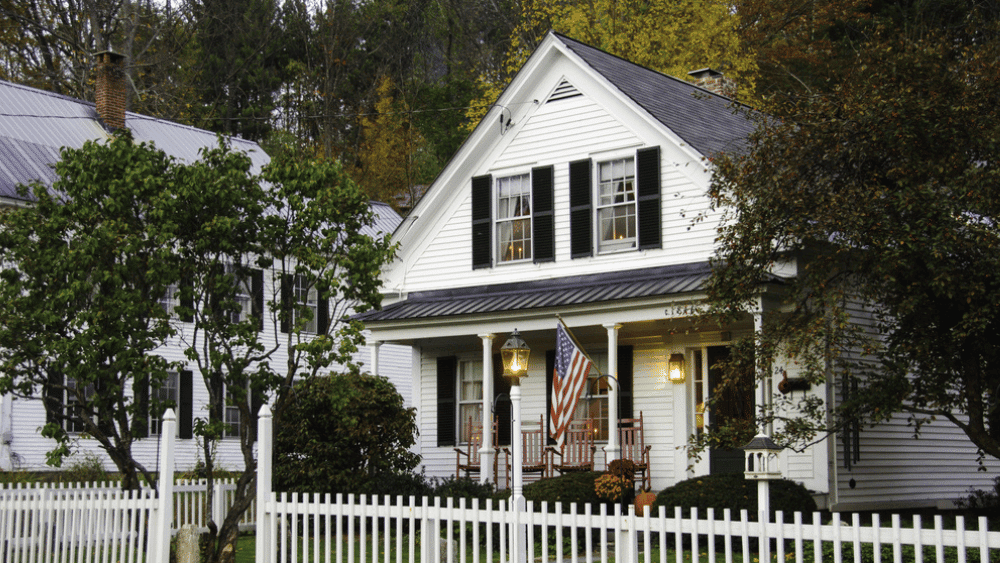
If you’re selling your home in New Hampshire, understanding closing costs is essential. Closing costs refer to the fees and expenses of finalizing a property sale. These costs include anything from loan payoff amounts and property taxes to real estate agent commissions and HOA fees. Knowing what to expect can help you budget and avoid surprises. In this guide, we’ll discuss the various closing costs you might encounter when selling your property in New Hampshire. From realty transfer taxes to attorney fees, we’ll explain each cost and provide tips on managing these expenses effectively. By the end, you’ll have a clear picture of what to anticipate, ensuring a smoother transaction as you sell your home. Closing costs are any fees paid when finalizing the purchase or sale of your property. They can include various fees, like property taxes or insurance; most are standard for homeowners and sellers. Others, like transfer taxes, will vary depending on where your home is located when it sells. When selling your home, you must pay off your remaining mortgage balance. The loan payoff amount includes the principal balance left on your mortgage and any accrued interest up to the payoff date. This total amount ensures that your mortgage is fully settled, allowing the sale to proceed smoothly. According to WalletHub, New Hampshire ranks 48th in the country in terms of property taxes, placing it above states like Chicago. Real estate in New Hampshire is taxed at a rate of 1.89%, with a median home value of $337,100. To get a better idea of what you might owe, consult a property tax calculator.What are closing costs?
Mortgage/Loan payoff amount
Property taxes



